|
-Rev Melissa Fain- Paul, called to be an apostle of Christ Jesus by the will of God, and our brother Sosthenes, To the church of God that is in Corinth, to those who are sanctified in Christ Jesus, called to be saints, together with all those who in every place call on the name of our Lord Jesus Christ, both their Lord and ours: Grace to you and peace from God our Father and the Lord Jesus Christ. I give thanks to my God always for you because of the grace of God that has been given you in Christ Jesus, for in every way you have been enriched in him, in speech and knowledge of every kind just as the testimony of Christ has been strengthened among you so that you are not lacking in any spiritual gift as you wait for the revealing of our Lord Jesus Christ. He will also strengthen you to the end, so that you may be blameless on the day of our Lord Jesus Christ. God is faithful; by him you were called into the fellowship of his Son, Jesus Christ our Lord. 1 Cor 1:1-9 NRSV Corinth was an interesting place. It was the capital of Achaia. So if you could call the Roman Empire a country, Achaia would be considered a state. Corinth is to Achaia as Atlanta is to Georgia- judicially speaking. Corinth was also a bustling center of commerce. Its location was ideal for business because of its prime location between two major ports on either side of it. In some ways this means we could relate Corinth to, let’s say Chattanooga: located just off a river and pulling business from both Georgia and Tennessee.
I could visit the mix of Atlanta and Chattanooga. So far, sounds like a nice place to visit. Until we get to the rest of the story… Perhaps it was Athens, or maybe it was just being a capital port city, but Corinth had a reputation. If it was Athens, we know it was the Greek center of educational prowess. Corinth was just north of Athens, and it’s prime location would have been seen as a threat to Athens. Now, for those of you who know your history, Athens and Sparta rarely got along with one another. It didn’t help that Corinth usually took the side of Sparta when disputes broke out. Athens coined a term for those Corinthians: Corinthianize. This term is no longer in use, so let me give you a definition: Corinthianize means to make something lewd, raunchy, or sexually immoral. Whether it’s Athens responding to what they see in Corinth, or Corinth living up to its name, history marks the city as the center for prostitution and other immoral behavior. The biggest evidence we can use to pinpoint this fact is their city goddess. (All Greek cities chose one from their pantheon.) Corinth chose Aphrodite. You might be thinking Aphrodite is simiply the goddess of love, we, at the time she was better known as the goddess of prostitution. So, step aside Atlanta and Chattanooga, apparently Corinth is closer to another American City, Las Vegas. You know, what happens in Corinth, stays in Corinth. Except when it doesn’t, and apparently it didn’t. I need to back track just a little to explain. After Paul found Christ on the road to Damascus, he spent most of his time traveling and sharing the story of Jesus. Somewhere during his trip he spent a few weeks starting a church in Thessalonica, followed by spending two years in Corinth! While he was there, he roomed with fellow Christians who happened to also be tent makers, like himself. He got to personally know the people; knew them by name. Eventually he moved on and left for Ephesus. When he left, things were apparently going well. The church was thriving. The people apparently understood the message Paul had shared. They had even set up a community meal where all members could come and share in a love feast. I would imagine Paul was pretty happy when he left. Then the word got out. While he was in Ephesus things went wrong. It all began to fall apart. First, there was the war of tongues. Different leaders of the church began to pretend they were speaking in tongues even though they were really just gibbering. No one could translate what they were saying; even they were clueless. The leaders did it because they became obsessed with one-upping one another. Secondly, they were misusing the communal meal. The well off were showing up early to the meal. They would get off of work early, and they would gorge themselves on the food leaving nothing for the poorer congregants who showed up late. Third, when a member of the congregation would have issue with another member they would ignore the church leadership and go straight to the city court for resolution. This could have been something like a congregant suing another congregant for speaking falsely when all they would have to do was talk it over with one of the leaders. Basically, taking something small and blowing it out of proportion. And remember how everyone knew the message Paul preached before he left? Well, it didn’t take long for that to digress as well. Some people had taken Paul’s words about salvation through Christ and took it to mean they were currently living a redeemed life. That might not sound all that wrong on the surface, but they took it as an excuse to say they were redeemed while doing “Corinthianized” type things. Let’s spill some tea, stories of prostitution got back to Paul. It was going on in the early church. In fact, it was so bad, Paul heard word of a man who was sleeping with his step-mother! What happens in Vegas stays in Vegas, but what happens in Corinth gets back to Paul… in two ways. First, there were some concerned church leaders who took the time to draft a letter a letter which no longer exists today, but I bet if it did it would be a page turner. I’m sure by the time we read through it we would be adding some sins to the laundry list I just mentioned. Second, some Corinthian servants traveled to Ephesis, where Paul was currently working. They came to talk and “visit.” Everything I just said is beginning to sound like an episode of the Jerry Springer Show! So, like a tabloid show, let’s take a breather from it for a moment and do the sermon version of a commercial break: also known as a side story. Did you know Abraham Lincoln used to be harsh with the written word? He was terrible! When he had a personal issue he would immediately draft a letter and send it anonymously to an editor or drop it on the side of the road knowing someone would find it! He never thought his words through first. He never marinated in his thoughts, mulled through his ideas. That is, until he did it one too many times and it backfired. The person who had been insulted figured out it was Lincoln who wrote the “anonymous letter” and challenged him to a duel! AND! He almost had to participate in it, save for the grace of God it was cancelled just minutes before it was to take place. The event turned his life around. He realized the power of words. He thought first and wrote second. Smart advice. Never send the first draft of an angry letter. Wati a day, rewrite it when you had time to think about your words. That actually advice from Dale Carnagie’s How to Win Friends and Influence People. I bring up Carnagie’s book, and Lincoln’s actions because technically we never left Corinth and their debaucherious tale. How many drafts do you think Paul had to write before he penned the final version to send to Corinth? Let’s pretend, shall we? Draft one: “You are completely hopeless! You are sheep without a shepherd. You know! I’ve got other churches, and I leave for one minute, and some guy is sleeping with his stepmother! Come on Corinth! You were better than this! If I came back, I would simply be wasting my time. You’re not saved people, and you never will be! I’m sorry I’ve wasted your time, Paul. [Crumple that one up and throw it on the floor.] Draft two: “Seriously, I’m completely stunned at how deep into the world of sin you have gotten. If you got any deeper I wouldn’t be able to dig you out. Now, you’re not hopeless but there isn’t much hope there. Don’t do anything else. You are on the edge and you shouldn’t trust your own judgement right now. Rushing over as soon as I put my tents up, Paul. [Crumple that one up and throw it on the floor.] Maybe Paul wrote a couple of drafts before penning 1 Corinthians, maybe he didn’t. After all, he did not mince words with the Corinth people. He told them, in no uncertain terms, they were wrong. The truth is, we have no idea how he wrote his letters, we just have the end result. The end result is much better than those fake drafts I just shared with you: To the church of God that is in Corinth, to those who are sanctified in the Christ Jesus, called to be saints, together with all those who in every place call on the name of our Lord Jesus Christ, both their Lord and ours: Grace to you and peace from God our Father and the Lord Jesus Christ. SAINTS! He calls them saints. As Bart Ehrman writes about the saints of Corinth, “One wonders what the Corinthian sinners looked like.” I would respond, they are one in the same. We forget judgment is not our job. Once we label a group hopeless, or lost that is what they are- to us! There is no hope to help a group of people we have labeled hopeless. There is no finding a group we have called lost. We cannot save those we have sentenced as damned. Saint’s not because they deserved it, but because they were trying. Saints, not because they were perfect, but because they were striving. Paul begins his letter with hope. Maybe these people are getting started on the wrong track, but they are getting started. Pontis Pilate washes his hands while Paul gets his hands dirty. Choosing to walk Christ’s path means moving outside your comfort zone. It means getting to know the Corinthians of today by name. Whether you realize it or not, you are living among future saints, but not yet. They are waiting for you to tell the story. Think about it this way: You are the saints in the church today. Where would you be if you hadn’t heard the story? Did someone decide you were worth saving? Let me conclude with Paul’s own words: “He will strengthen you to the end, so that you may be blameless on the day of our Lord Jesus Christ. God is faithful; by him you were called into the fellowship of his Son, Jesus Christ our Lord.” Amen -Rev Evan Dolive- Faith is the reality of what we hope for, the proof of what we don’t see. Hebrews 11:1 CEB  Faith is a tenet of Christianity that can take on many different forms. If you were raised in the church or even if you became a follower of Christ later in life, the notion of your faith or having faith was more than likely a topic of conversation. In a world filled with facts, figures and needing proof before we believe a YouTube video has the notion of faith been lost? This notion of faith is showed when Christ teaches the disciples that faith of a child is needed to enter the realm of God. This one simple teaching of Christ has turned into just taking things at face value but by subscribing to this mentality I believe we are selling ourselves short. Children’s faiths are alive and strong, and the church needs to recognize this instead of repeating corny “children’s sermons” that are usually well intentioned but often developmentally inappropriate. The church’s story is being heard and lived out in front of our eyes through the hands and feet of some of the smallest members of the church. Why are we amazed that more children are asking to give money or toys to others instead of receiving for themselves? This is something that should be an extension of our own faith; sometimes it takes the innocence of a child to reorient our thinking about what truly matters. We don’t give children enough credit. They are infinitely smarter than we think. Children figure out things that most adults have trouble comprehending. I truly believe that my daughter came out of the womb knowing how to operate an iPad. She gets that finger swiping and she can navigate the world of apps and photos with more precision and understanding that people 20 times her age. Having faith like a child does not mean that we take everything at face value, but it does mean that we have the ‘go-get-em’ attitude. Children’s faiths are constantly being shaped and formed by the people around them and by the answers they get to important questions. If we cannot articulate our faith in a way that a child can understand, then we have a failure in communication. I want to have a child’s faith; I want the stories of the Bible to be more than just words on a page or the same old story. I want to be emboldened in my faith to step out and be the hands and feet of Christ in the world around me. And if I can do that, I know that I will have a partner in ministry with me. This Lent let us hold to our faith and examine it; may this time of contemplate and prayer allow us to experience God anew as well as deepen and strengthen our faith in God and Christ. - - - Help me O God to have faith like a child, innocent and wondering. May your spirit dwell within me in Lenten Season. Through Christ I pray, Amen.  Rev Evan M. Dolive is an ordained minister in the Christian Church (Disciples of Christ). He currently serves as the Associate Minister for Family Life at First Christian Church (Disciples of Christ) in Longview, Texas. He is the author of "Seeking Imperfection: Body Image, Marketing and God," a theological examination of marketing and body images propagated in the world today and the Christian response. He also writes for various online publications and at evandolive.com He is currently working on his Doctorate at Brite Divinity School at Texas Christian University in Fort Worth, TX. He is married to his high school sweetheart and has three children ages 6,4 and 2. -Rev Paul Appleby- Now the one who had received one valuable coin came and said, ‘Master, I knew that you are a hard man. You harvest grain where you haven’t sown. You gather crops where you haven’t spread seed. Matthew 25:24 CEB 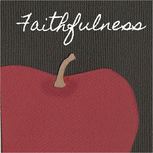 The Scripture quoted above is from a teaching of Jesus commonly called "The Parable of the Talents." Now, as those history buffs among us are aware, a talent is a fairly large sum of money (the "valuable coin" in The Common English Bible- it would have weighed around 70 lbs and depending upon its composition could be worth upwards of $30,000). In this story, a master leaves town and gives three of his servants some of his riches to manage in his absence. The first two invest their talents and pay back their master with interest upon his return. The third… well, he (either out of fear or laziness) buried his talent then dug it up and returned it to his master upon his return. The English word "talent" comes from the name of this old coin, in fact it comes to us right out of this parable. A talent is a treasure that our master has entrusted to each of us. Just as is the case in the parable, some of us are given a lot of talents, some of us are given a few. The number and value of the talents is really beside the point. In fact, in the Scripture mentioned the use of the talents, the rewards doled out upon his fellow servants who used and developed their master's gifts, and the master's disapproval of this lazy, selfish, fearful servant aren't exactly in view. The issue in view is the servant's understanding of his master as the one who "harvest(s)… where (he has not) sown… gathers(s) where (he hasn't) spread seed." Quite an unconventional picture of God, no? Unconventional, perhaps, but is it true? The God of this parable is one who looks to us, God's servants, to see what creative and innovative ways we have found to use those talents with which we have been entrusted. This is a God who has given us not success, but simply the building blocks for it. This God is looking to make a name and a treasure for God's self from our creativity, our sweat, our struggle. This is a God looking for us to do the hard work of developing talents, and all to his credit. I don't know about you, but this certainly seems to ring true to my experience of God. It also holds true to the idea of God as a heavenly parent. I have been told by my parents, more than once, to live up to my family name. My parents provided me, not with success, but with the tools needed to build it- it is my hope that I am providing my children with the same. Because, as the servant in this story intuitively grasps, that is what the Christian is called to do. To develop his/her God given talents. To grow where they find themselves planted, and to offer up to God the increase. We are God's agents of growth, of prosperity, of beauty on this earth. We are called to be salt (an agent for growth to the ancient botanist) and light (an agent of illumination) - and one day, like the servants in this parable, we will be called to give an account of the talents we have been entrusted with. On that day, may we be found faithful. - - - Dear Lord, may the talents you have put in my care be carefully seeded to grow a plentiful harvest. Amen.  Rev Paul Appleby: Raised in the Church, the teachings of Jesus came alive to Paul in a new and exciting way after studying the Sermon on the Mount, and rediscovering the brilliant, simple, and profound way Jesus encourages his followers to live and love. Along with his amazing wife Sage, he serves a loving Christ-centered congregation in Killeen, Texas. -Rev Myra Torance- “Whoever is faithful with little is also faithful with much, and the one who is dishonest with little is also dishonest with much.” Luke 16:10 CEB  I will open the door to my closet and admit “I am a word freak.” I am many things more but today I choose this to disclose. So when I was asked to write this piece I went to my dictionary (it has lots of words) and I looked up “faithfulness.” Faithfulness (the word) means: true to one’s word, promises, vows--- The word “one’s” means you and me. I have always known of faithfulness to humanity, but I don’t believe I truly knew what my faithfulness was; until I gave birth to my first child and he was placed in my arms. My husband and I counted fingers, toes, eyes, ears, nose, mouth, etc. And then it hit me face on. My husband and I had signed more than a contract when we married. I was now holding this little bundle that God, in Hid faith, had given me to love and cherish. Faithfulness is one of those words we should live by every day of our lives. An apple tree is planted, watered, pruned and harvested. Thus faithfulness means to me, to plant and pray. I many not live to see it grow to its tallest or produce the yield, but I am faithful to the vow I gave to God. My first bundle will be 48 on November 2017 and I daily praise God for His faith in me - - - Holy Father, parent in my life. As we grow, help us find faith in the ways that help us grow a full harvest. Amen.  Rev Myra Torrance is the pastor of Chelan Christian Church, where she has led the congregation for four years. She has been a pastor in the Disciples of Christ Christian Church for over 35 years. Prior to being called to the pulpit, she was the Executive Director for Hospice in Vincennes, Indiana. Myra is originally from Vincennes, Indiana, where she raised her four children with her husband, Bud, before his passing in 2011. Myra loves to write and enjoys time with her two Chihuahuas. -Rev Rebecca Ann Yowler- God will protect you with his pinions; you’ll find refuge under his wings. His faithfulness is a protective shield. Psalm 91: 4 CEB  When we think about faithfulness as a fruit of the spirit, we tend to think about our faithfulness to God- our loyalty and our fidelity. Being faithful implies that we are consistent in our worship and that we will return to God again and again rather than seeking solace or protection from other sources. But today’s verse from the Psalms challenges that notion. Today we are reminded that God is faithful to us. That’s a bit hard to take in, so let me say it again. God is faithful to us. Psalm 91 is a powerful reminder that faithfulness is a two-way street. Of course, we are called to be faithful to God. We are supposed to be loyal to God- and only God. It’s that whole first commandment thing- you know, “Thou shalt have no other gods before me” and such. Our faithfulness to God is an important and vital part of our relationship with the Divine. But, our faithfulness is only part of the equation. In our symbiotic relationship with our creator, God’s faithfulness is vital, and important, and something we tend to forget. God cares for us, loves us, and is loyal to us. When I lost my grandmother just before Easter in 2013, I was most comforted by the image of a mother hen. In the gospels of Matthew and Luke, Jesus also compares god to a mother. He says that God is like a mother hen who wants to stretch out her wings over her chicks and protect them. This image, the image of a mother hen with her arms outstretched, this is the image of God that sticks with me most, and in mourning my grandmother, that image resonated. Nancy was most definitely a mother hen—she would either fiercely protect and nurture you, or henpeck you to death until you did exactly as she wanted. This small verse from Psalm 91, recalls that idea as well, “God will cover you in her feathers and under her wings you will find refuge; her faithfulness will be your shield and rampart.” God outstretches her motherly wings and protects us, hides us, and keeps us safe. Like a mother hen, God is faithful in her protection. This doesn’t mean that God doesn’t have expectations, doesn’t get disappointed, or doesn’t wish we’d behave better. It does mean, however, that even when we screw it up, God is still there. Loving us. Protecting us. Staying faithful to us. And I’m reminded of my grandmother yet again. Nancy was most definitely a great mother hen—loving and sheltering and guiding and henpecking and prodding. She was loving and tender as long as you listened to her, and if you failed to listen, she’d preach at you until you came around. We often had to remind her that we had already heard one sermon during the week and really didn’t need another, but she often felt obliged to preach at us anyway. She was the great matriarch of our tribe- to the extent that my father even called her “chief.” But even when she was chastising and pushing and prodding and henpecking, she loved us, was fiercely protective of us, and was faithful to us, her children and grandchildren. Missing her reminds me that God’s faithfulness is that kind of faithfulness—it’s the kind that pushes us, prods us, and keeps reminding us that we are God’s and that we are safe beneath her loving wings - - - Gracious and loving mothering Hen, thank you for spreading your wings over me in protection and love. Help me to remember that you are faithful to us even in our mistakes and missteps. Push me, prod me, and remind me again and again that you love me and have me safe beneath your wings. Amen.  Rev Rebecca Ann Yowler is an ordained Disciples minister and an academic librarian. She is currently adjunct faculty at Valparaiso University. She is passionate about pugs, knitting, and figure skating. You can read her occasional sermons and devotions at www.beccassermons.livejournal.com |
Categories
All
Archives
October 2023
|


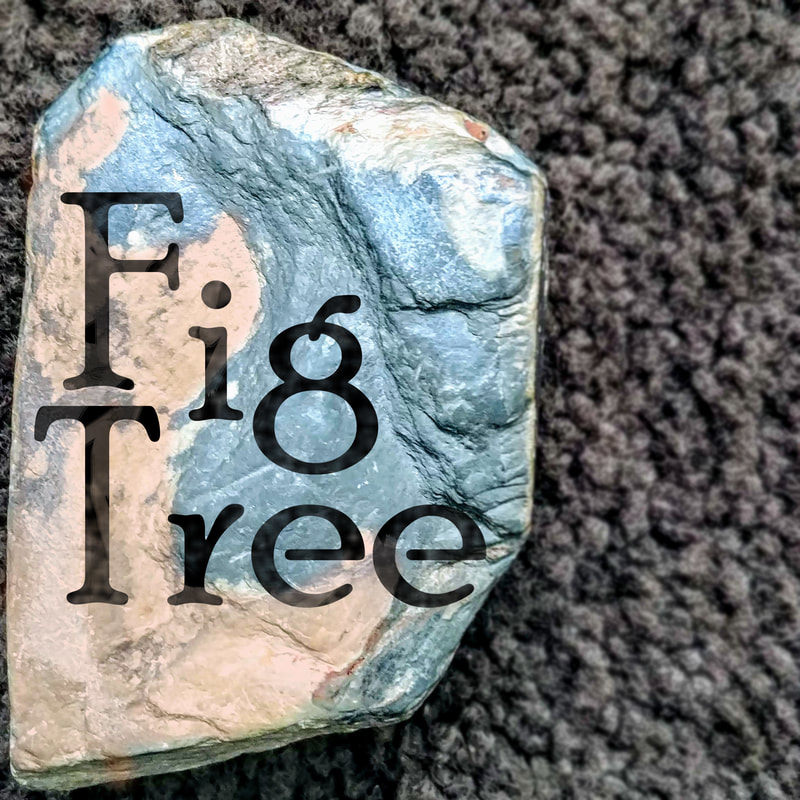
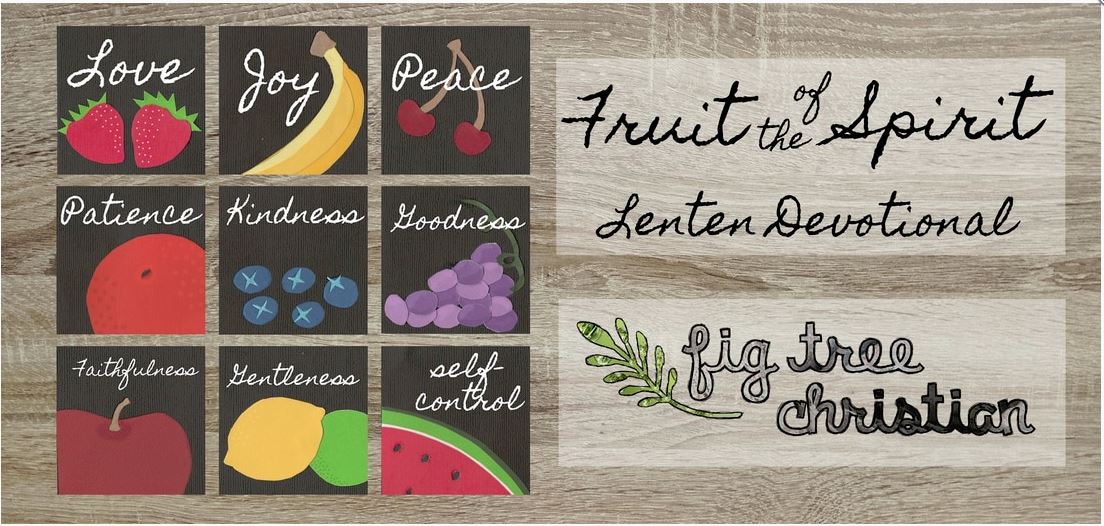
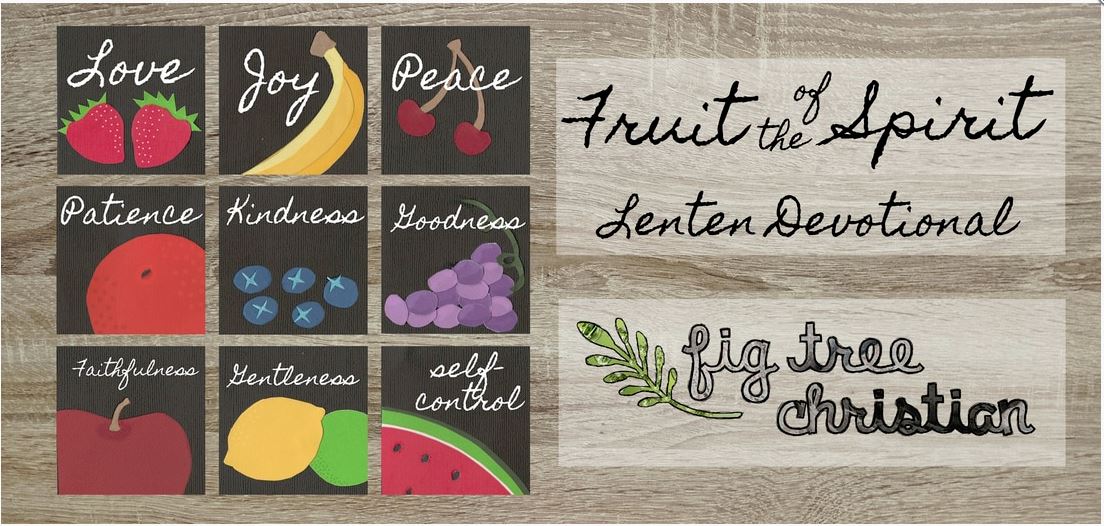
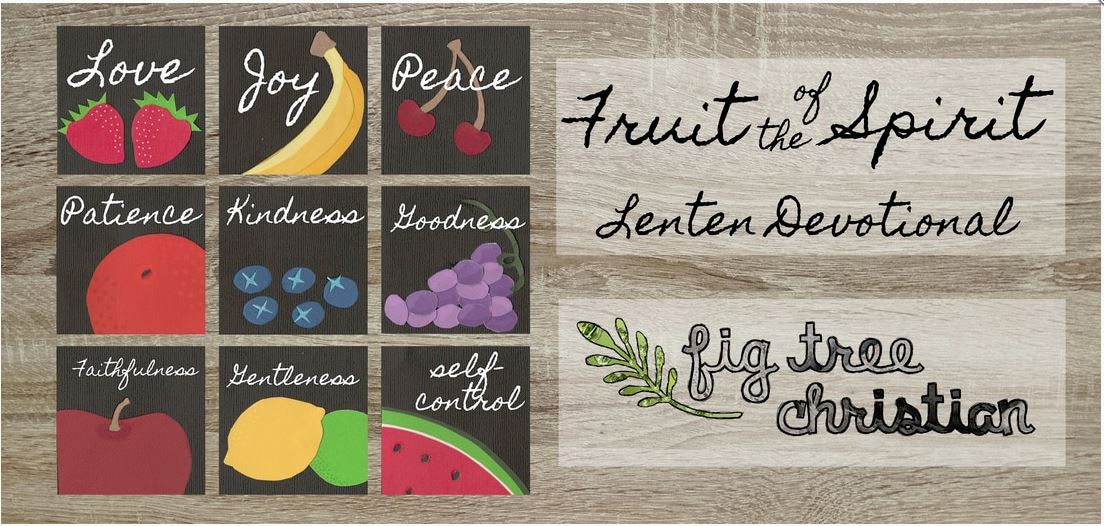
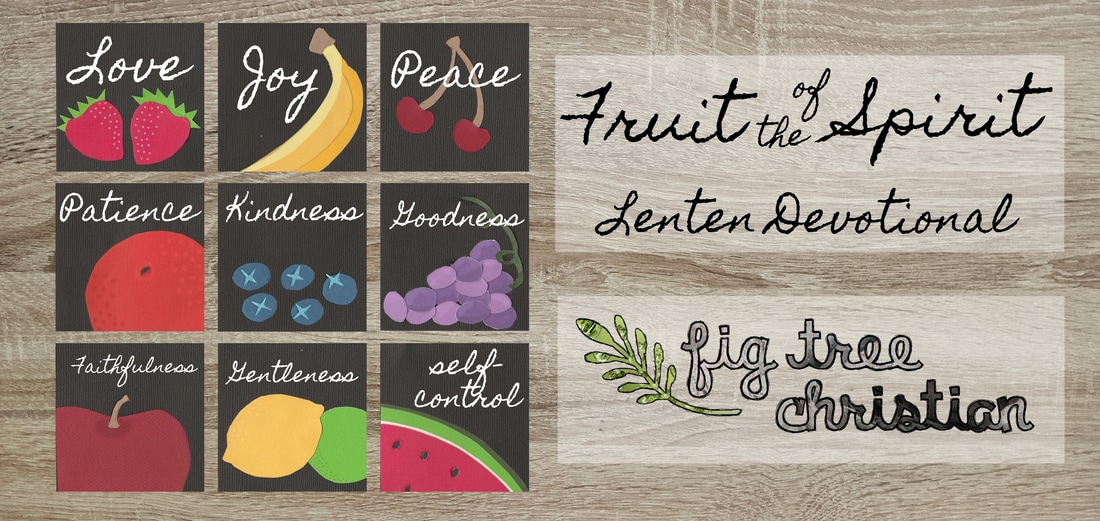

 RSS Feed
RSS Feed